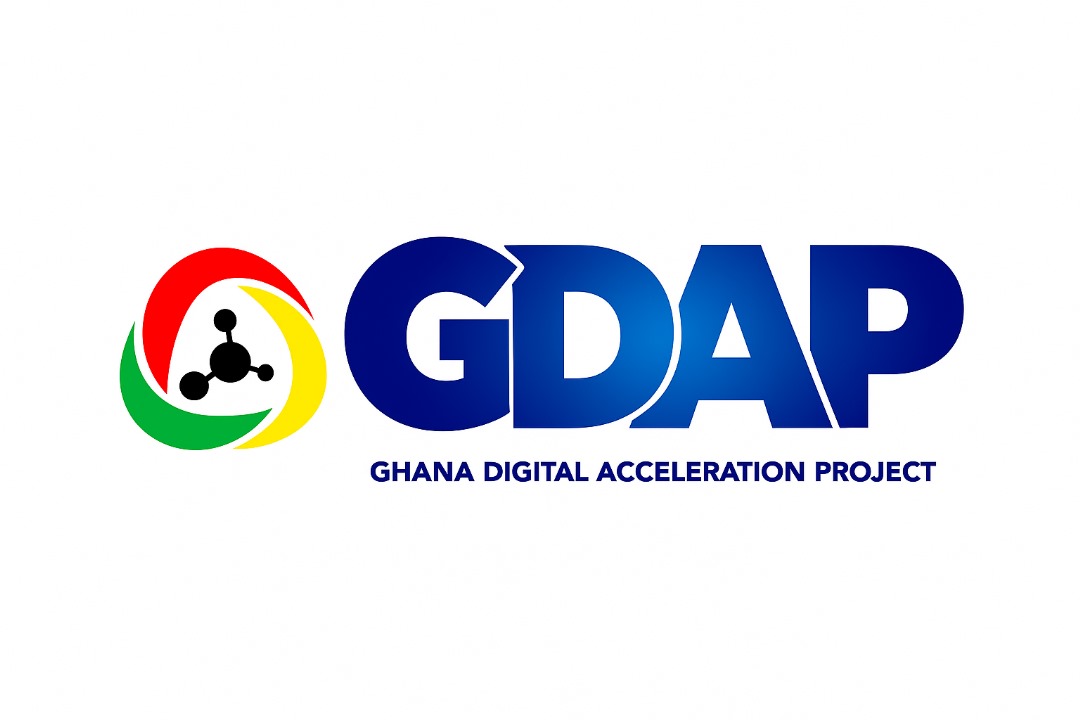Introduction
Ghana has been a pioneer in African telecommunications sector, leading the region in market liberalization deregulation, and serving as a hub for submarine cables linking the southern and northern Africa to Europe with impressive internet bandwidth and improved communications infrastructure. However, Ghanaians have not yet fully adopted ICT in their daily lives or in business operations. While mobile phone penetration is over 100 percent, the phones are used primarily for voice communications. In spite of the recent significant increase of Internet bandwidth and huge price falling of devices as well as usage charges, Internet users in Ghana are still less than 10 percent of the total population, and mobile broadband usage is extremely low (1.7 percent in 2011).




